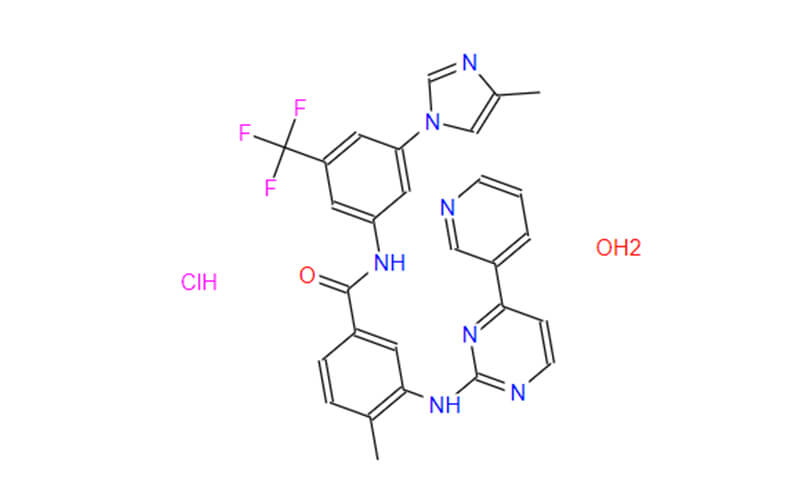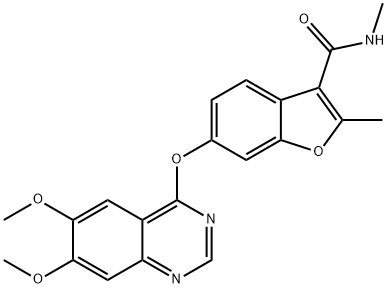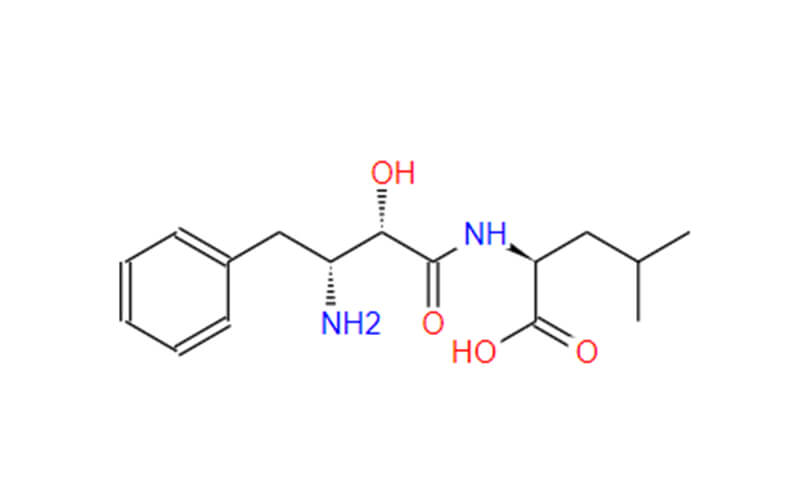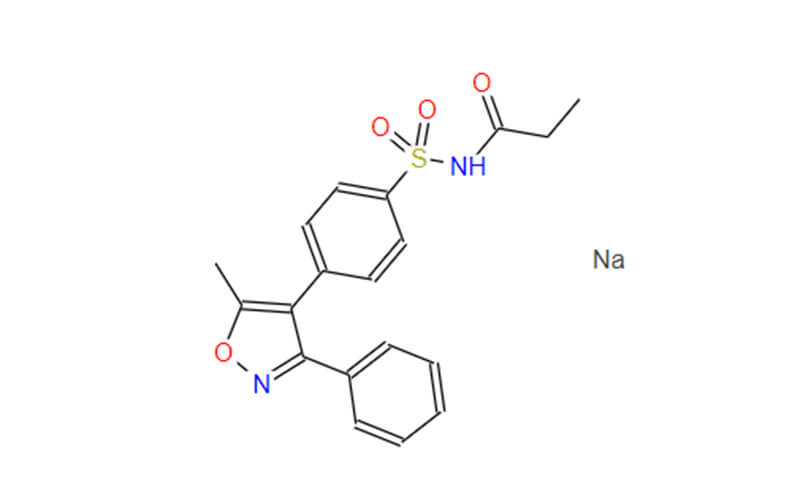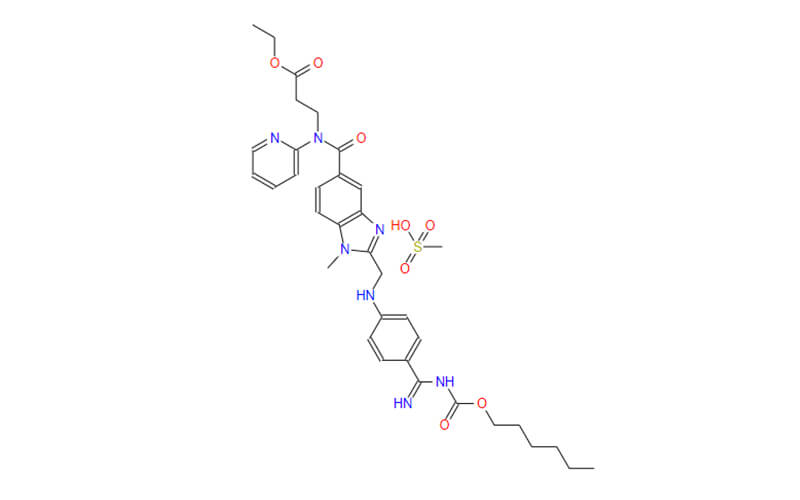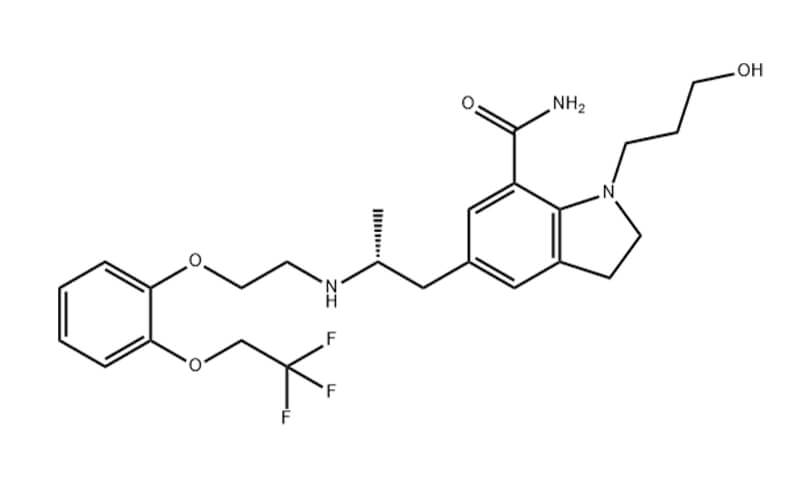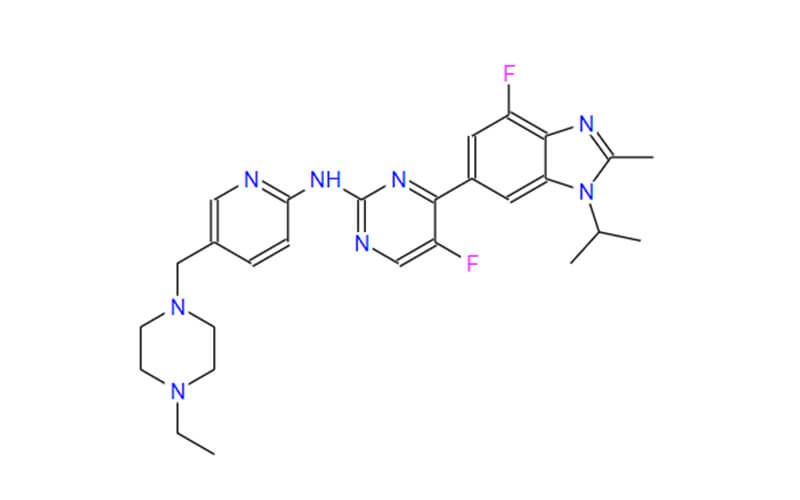Understanding and Safely Using Bisoprolol Fumarate Tablets: A Comprehensive Guide
Bisoprolol Fumarate Tablets play a crucial role in managing hypertension and heart-related conditions. This medication, with its selective β1-adrenergic receptor blocking action, effectively reduces heart rate and myocardial contractility, thereby decreasing myocardial oxygen consumption and providing benefits in cases of angina caused by coronary heart disease.
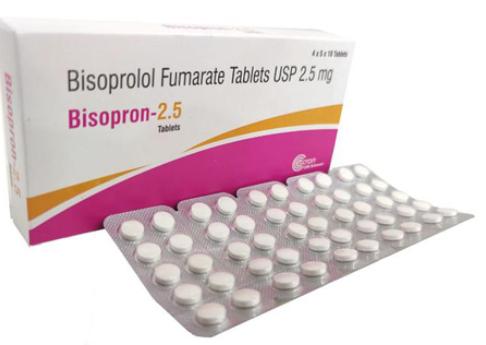
Mechanism of Action and Therapeutic Effects
Bisoprolol Fumarate Tablets function as selective β1-adrenergic receptor blockers. Within therapeutic doses, they exhibit no inherent sympathetic or membrane-stabilizing activity. The medication achieves its effects by blocking β receptors in the heart, reducing the body’s response to sympathetic adrenergic activity. This results in slowed heart rate and decreased myocardial contractility, ultimately lowering myocardial oxygen consumption and proving beneficial in cases of angina caused by coronary heart disease.
Indications
The tablets find application in the treatment of conditions such as hypertension, angina, and chronic stable heart failure.
Dosage and Administration
Administration is oral, once daily, with each dose being either 5mg or 10mg, adjusted based on the patient’s condition.
Precautions
Before using this medication, it is crucial to consider specific populations and drug interactions. Long-term use requires close monitoring of both cardiac and hepatic/renal functions.
Who Should Avoid Bisoprolol Fumarate Tablets?
The following individuals are strictly prohibited from using these tablets:
- Those with acute heart failure, shock, hypotension, bradycardia, second or third-degree atrioventricular block, sick sinus syndrome, bronchial asthma, or severe chronic obstructive pulmonary disease (COPD), and severe Raynaud’s syndrome.
- Individuals allergic to the product or any of its components.
- Patients with untreated pheochromocytoma.

Who Should Use Bisoprolol Fumarate Tablets with Caution?
The following individuals should use Bisoprolol Fumarate Tablets with caution:
- Diabetics with significant blood sugar fluctuations and acidosis.
- Individuals with impaired lung, liver, or kidney function.
- Patients with peripheral circulatory disorders, including intermittent claudication or Raynaud’s disease.
- Those with variant angina.
- Individuals with first-degree atrioventricular block.
- Psoriasis patients.
- Athletes.
- Pregnant and lactating women: Not recommended; consultation with a healthcare professional is advised.
Drug Interactions
Understanding potential drug interactions is crucial for safe usage:
Not Recommended Combining
- Class I antiarrhythmic drugs (e.g., propafenone, quinidine) used to treat chronic stable heart failure may increase Bisoprolol’s inhibitory effects on atrioventricular conduction and cardiac contractility.
- Calcium antagonists (e.g., verapamil and low-dose diltiazem) negatively impact myocardial contractility, atrioventricular conduction, and blood pressure. Combining with Bisoprolol in intravenous administration may lead to significant hypotension and atrioventricular block.
- Central depressant drugs (e.g., clonidine, methyldopa, moxonidine, rilmenidine) lower central sympathetic nervous system excitability, resulting in reduced heart rate, cardiac output, and vasodilation. Abrupt withdrawal, especially before stopping Bisoprolol, may increase the risk of “rebound hypertension.”
Caution Required for Combining
- Class I antiarrhythmic drugs (e.g., propafenone, quinidine) may increase Bisoprolol’s inhibitory effects; cautious combination is advised.
- Calcium antagonists (e.g., dihydropyridine derivatives like nifedipine) may increase the risk of hypotension. In patients with potential heart failure, combining with β-blockers may lead to heart failure.
- Class III antiarrhythmic drugs (e.g., amiodarone), parasympathomimetic drugs (including cholinergic agonists like pilocarpine), or cardiac glycosides may prolong atrioventricular conduction time.
- Other β-blockers (including eye drops) can enhance the effects of Bisoprolol.
- Combining with insulin and oral antidiabetic drugs may increase the hypoglycemic effect, but blocking β-adrenergic receptors can mask hypoglycemic symptoms; close monitoring of blood glucose levels is necessary.
- Anesthetics may increase the cardiodepressant effects of Bisoprolol, causing hypotension.
- Non-steroidal anti-inflammatory drugs (NSAIDs) may weaken Bisoprolol’s antihypertensive effects.
- Drugs simultaneously activating α and β adrenergic receptors (such as epinephrine, norepinephrine) may exacerbate the vasoconstrictive effects of these drugs due to β-adrenergic blockade, causing increased blood pressure.
- Combining with other antihypertensive drugs or drugs with hypotensive effects (such as tricyclic antidepressants, barbiturates, phenothiazines) may enhance Bisoprolol’s hypotensive effects.
- Mefloquine may increase the risk of bradycardia.
- Monoamine oxidase inhibitors (excluding MAO-B inhibitors) may increase the hypotensive effects of β-blockers and increase the risk of hypertensive crises.

Conclusion
Bisoprolol Fumarate Tablets, a vital tool in managing hypertension and heart-related issues, come with specific guidelines and precautions. Understanding the contraindications, precautions, and potential drug interactions is crucial for ensuring the safe and effective use of this medication. Always consult with a healthcare professional before starting or adjusting the dosage of Bisoprolol Fumarate Tablets to ensure optimal health outcomes.

